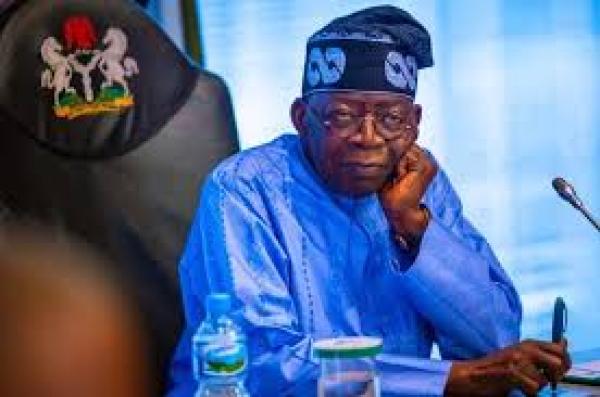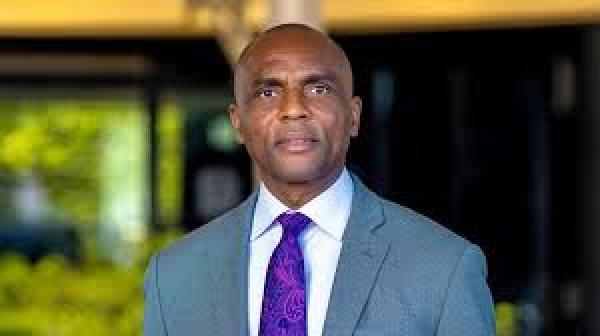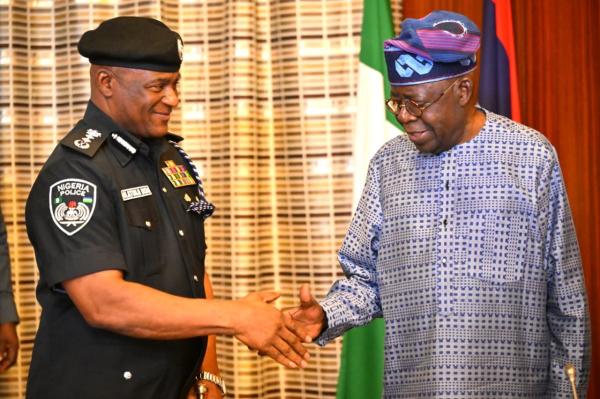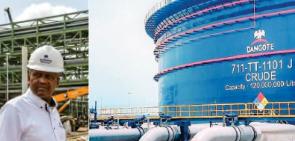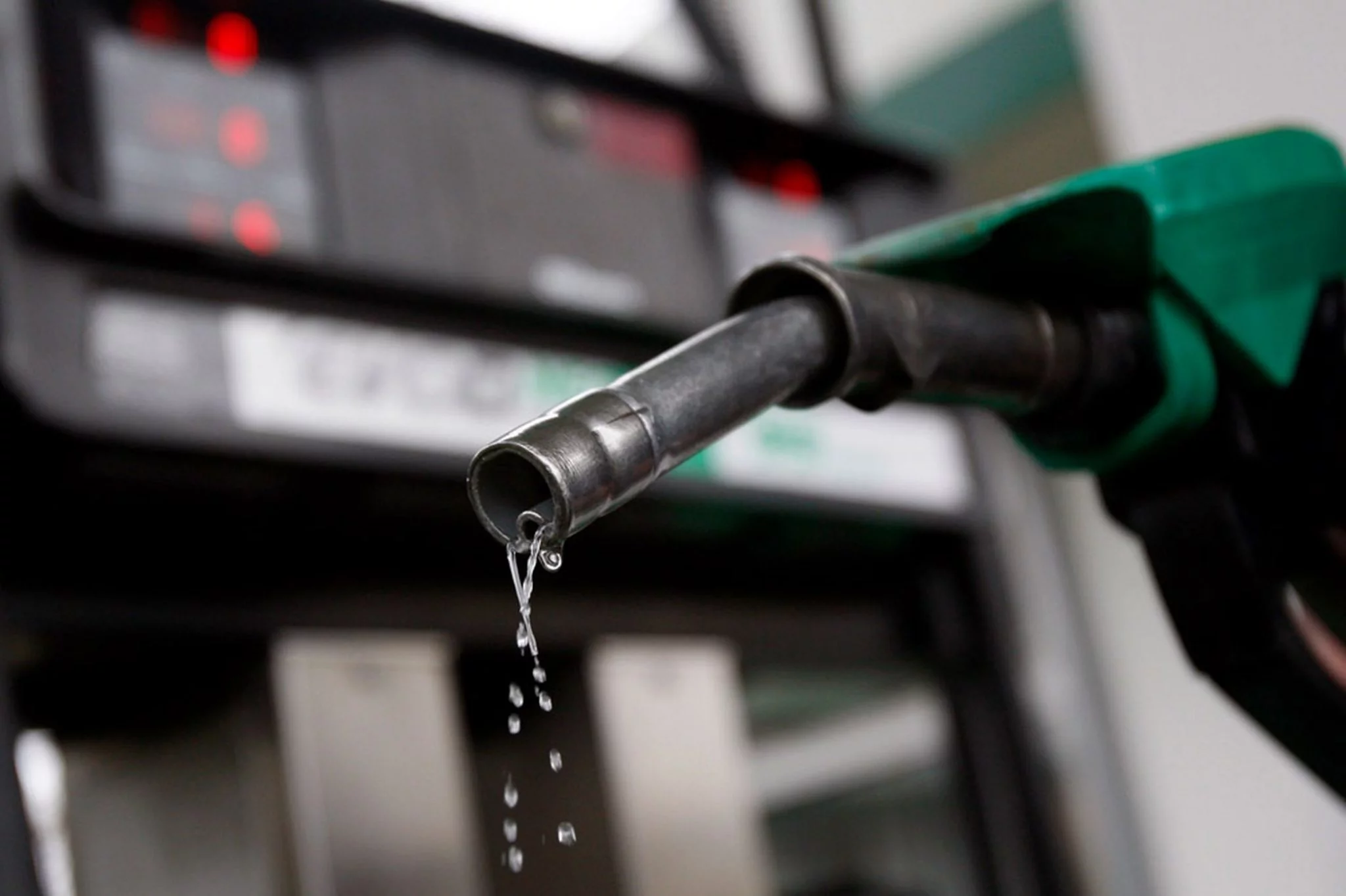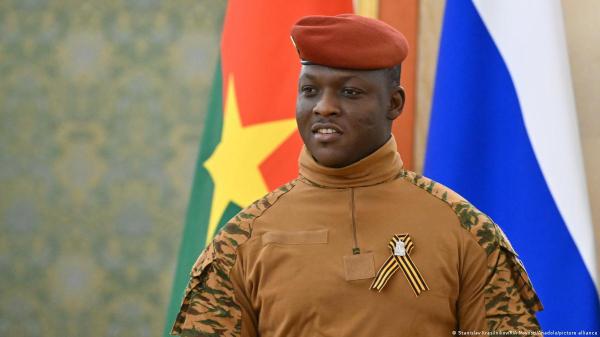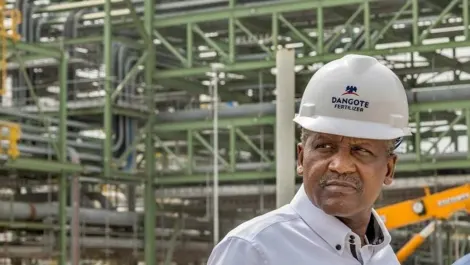
Ghanaian businessman and chairman of Translas Logistics Company Limited, Alhaji Baba Kamara, has signed a deal with Nigeria’s business mogul, Aliko Dangote, to be the sole distributor of Dangote Fertiliser in Ghana, Cote d’Ivoire, Togo and Burkina Faso.
This comes as a strategic relief to the nation at a critical time that the Russia-Ukraine war has caused shortages of urea-based fertiliser and driven prices up.
The two countries are major suppliers of urea, potash and phosphate; key components of fertilisers.
Confirming the arrangement, Alhaji Kamara said the product would be available on the market by June.
“Agriculture is the backbone of the economy in West Africa and the shortage of fertiliser around the world is threatening production and food security. To ensure that impact is not dire, Dangote has decided to expedite work on its fertiliser production and has also chosen Translas to be the distributor in Ghana and its neighbouring countries.
“Hopefully, by June, the first consignment should be arriving and this will be a big relief for the agricultural sector as the availability of fertiliser will give hope to farmers,” Alhaji Kamara said.
Alhaji Kamara said a memorandum of understanding (MoU) between the two companies would see Translas Logistics ordering straight from the fertiliser plant at Dangote Free Trade Zone in Lagos for onward distribution to its service countries.
“ Translas will source the consignment straight from the plant and then from there, distribute to the countries under its jurisdiction. All the logistics have been put in place and we are waiting for the consignment to be ready,” Alhaji Kamara indicated.
He explained that the products would be sold in accordance with international laws and regulations.
Since last year, farmers in the country have been struggling to access fertiliser for production and earlier this year, the Ministry of Food and Agricultural (MoFA) admitted to challenges with the supply of fertiliser.
A Deputy Minister of the MoFA, Yaw Frimpong, however, blamed the situation partly on the global impact of the COVID-19 pandemic as well as Russia’s invasion of Ukraine.
Mr Frimpong said the issue was not peculiar to the country as chemical fertiliser was in short supply all around the world.
He said apart from the outbreak of COVID-19 in 2020, which affected production and distribution, thereby creating shortage, the Russia-Ukraine war had also compounded the challenge.
“Those two countries together, I think, account for over 60 per cent of the world’s supply of chemical fertiliser,” the deputy minister said in an interaction with the media last March.












